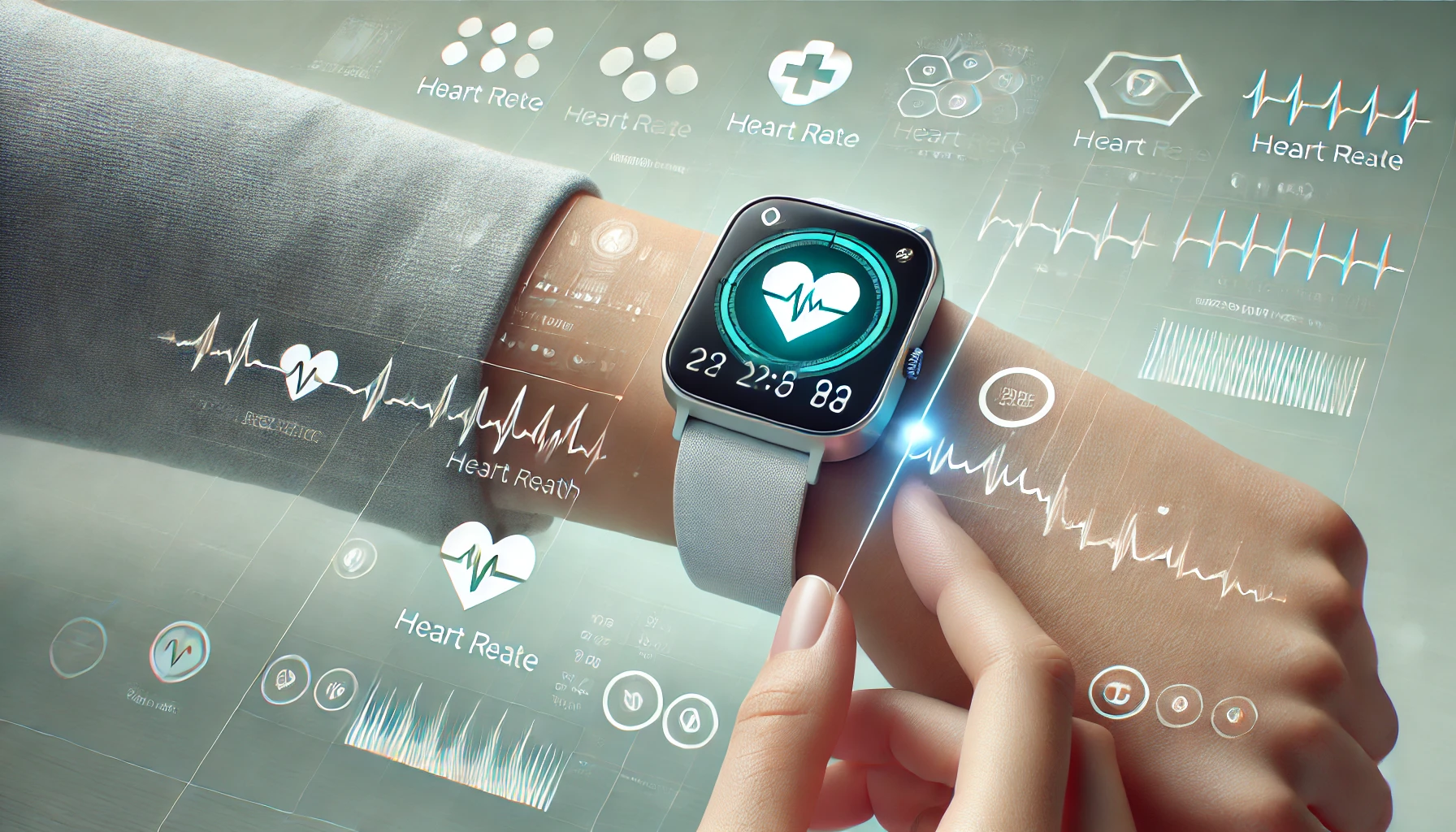Wearable ECG Monitors: Can They Really Save Lives, or Just Tell You When You’re Freaked Out?

The Wearable Revolution: Can Your Watch Really Monitor Your Heart?
Wearable technology has come a long way from just counting steps and tracking your sleep cycles. These days, gadgets strapped to our wrists can supposedly detect early signs of heart conditions like atrial fibrillation, and they're making promises that sound too good to be true. Who wouldn’t want to know their heart’s status at all times, especially if it could prevent a major cardiac event? But how accurate are these wearable electrocardiograms (ECGs) anyway? Can they really save lives or are they just another excuse to panic when your heart races after too much coffee?
The Science Behind Wearable ECG Monitors
To understand how these devices work, you need to know a little about how traditional ECGs function. In a clinical setting, an ECG records the electrical signals of your heart using electrodes attached to your skin. It's accurate, reliable, and helps doctors spot irregular heart rhythms that could lead to strokes or heart attacks. Now, imagine squeezing that technology into a tiny wristband or smartwatch. While it's impressive, it's not as foolproof as the machines in your doctor’s office. Wearable ECGs, such as those found in smartwatches like the Apple Watch and Fitbit, measure similar heart data but with less precision.
The Accuracy Debate: Life-Saving or Just a Gadget?
Now, let's dive into the big question: Are these devices accurate enough to detect real heart problems? According to a study published in The Journal of the American Heart Association, wearable ECG monitors can indeed detect conditions like atrial fibrillation with impressive sensitivity. But here’s the catch: they're not perfect. These devices often produce false positives, meaning they might signal a heart problem when there’s nothing wrong. On the flip side, they might miss issues in people with milder symptoms. So, while they can be a useful tool, they’re not a replacement for professional medical equipment.
The Pros: Convenience, Early Detection, and Peace of Mind
Despite their flaws, wearable ECGs come with significant advantages. First, they offer the convenience of real-time heart monitoring without needing to book a doctor's appointment. If you’re someone at risk for heart disease, having an ECG on your wrist could offer peace of mind by detecting irregularities early. Plus, these devices are connected to your smartphone, which means you can track and share your data with healthcare providers easily. Some wearables even alert you to seek medical attention if they detect something truly concerning. For many users, that's a comforting feature that outweighs the risk of a few false alarms.
The Cons: False Alarms and Too Much Information
On the flip side, false alarms can lead to unnecessary anxiety. Imagine your smartwatch buzzing in the middle of a meeting, telling you that your heart is beating irregularly when all you’ve done is sprinted up the stairs or had one too many lattes. Suddenly, you're rushing to the ER for nothing. These frequent false positives can make users paranoid, checking their heart rate obsessively. Plus, let’s be honest, do you really need to know your heart’s every little twitch? Sometimes ignorance is bliss.
What Does the Research Say?
Research on wearable ECG monitors is still developing, but studies show promising results. According to Nature, wearable ECGs can detect atrial fibrillation with up to 90% accuracy in some cases. That’s pretty good, especially for people who don’t have symptoms and might otherwise go undiagnosed. However, the technology isn’t foolproof, and there's a margin of error. Experts recommend using these devices as a supplementary tool, not as a replacement for regular check-ups and clinical diagnostics.
Who Should Use Wearable ECG Monitors?
Wearable ECG monitors are ideal for people with known heart conditions or those at high risk for heart disease. If you’re a marathon runner or someone with a family history of cardiac issues, having a heart monitor on your wrist could be a game-changer. However, for the average person with no history of heart disease, these devices might cause more stress than they’re worth. Experts agree that while wearable ECGs are useful, they shouldn't replace professional medical advice. Always consult your doctor if you notice anything strange in your readings.
Conclusion: Can a Wearable ECG Save Your Life?
So, can a wearable ECG monitor save your life? Maybe, but it’s more likely to help you keep tabs on your heart health and encourage you to seek medical attention when something seems off. These devices are a great supplementary tool, but they shouldn’t be the only thing you rely on. If you're at risk of heart problems, a wearable ECG could provide peace of mind, but don’t let it replace your doctor. After all, even the most advanced smartwatch can’t hold a stethoscope! What do you think—would you trust a gadget to keep your heart in check?



